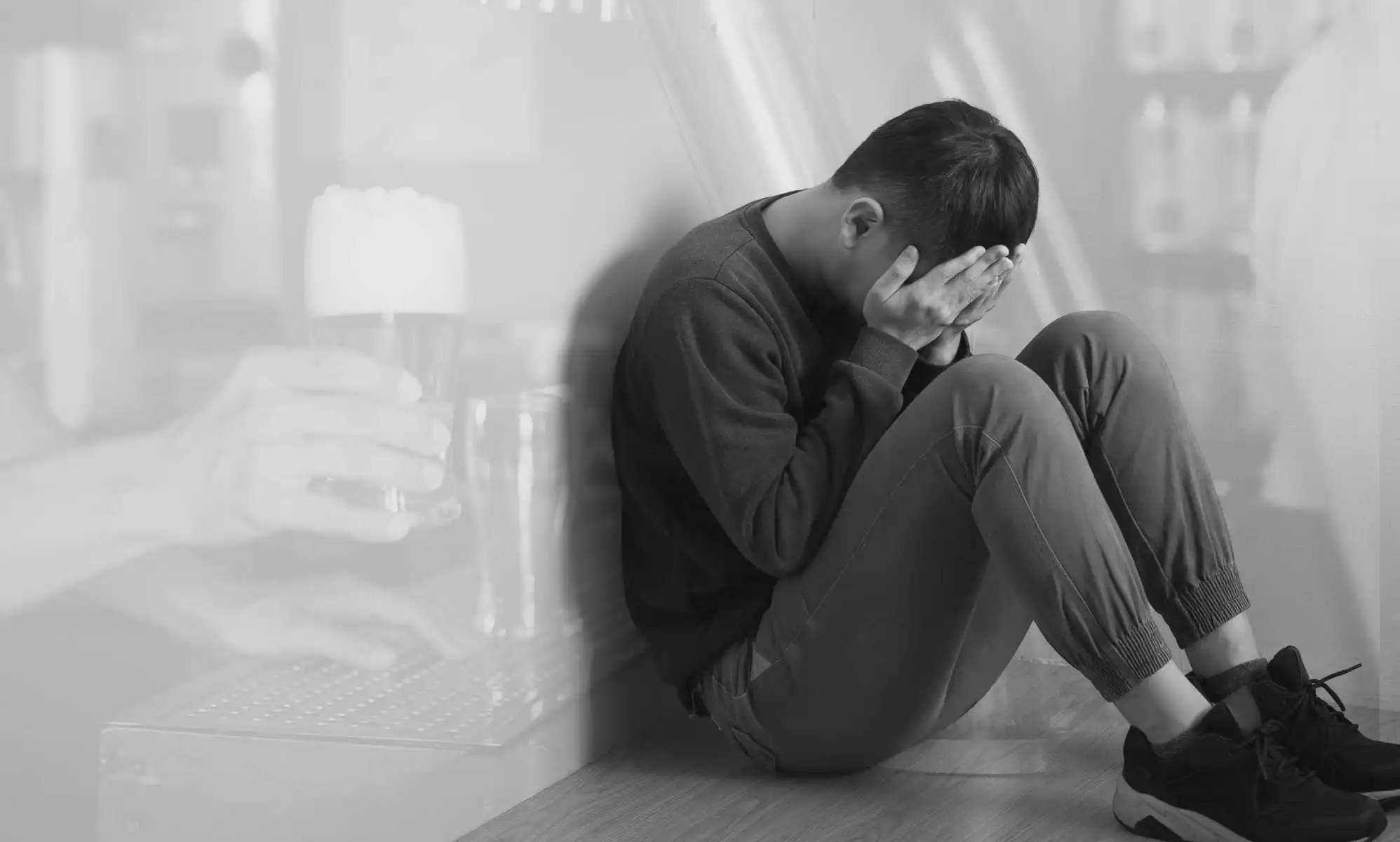Man who contracted HIV after being raped warns of dangers of drink spiking
Sign up for more LGBTQ+ news and updates at TrueQueer.
New statistics have revealed the alarming prevalence of drink spiking in the LGBTQ+ community, with one man sharing his harrowing experience that left him traumatized and isolated. The Ladbible Group and Stamp Out Spiking study, released on Thursday (4 April), surveyed 2,063 people aged between 16 and 24 to better understand the rise in the number of drinks being spiked.
“Spiking” refers to when someone is given alcohol or drugs without their consent, usually in a drink. This act can have severe consequences, including theft, physical harm, sexual assault, or even as a cruel joke.
The findings of the research were shocking, revealing that 70% of people aged between 18 and 24 had either experienced or witnessed drink spiking. Among them, more than half of women (51%) and 69% of LGBTQ+ respondents were affected by this disturbing trend.
Stamp Out Spiking ambassador Stephen Hart shared his own traumatic experience with drink spiking. In 2006, Hart was spiked and subsequently raped, leading to him contracting HIV. The ordeal left him devastated and struggling to cope with the aftermath.
Hart recounted how he had been in a bar with a friend who had to leave unexpectedly. After buying himself two more drinks, he started feeling dizzy, confused, and unwell. A stranger offered to help him get some fresh air, and the next thing he knew, he woke up at home feeling disoriented and in pain.
Realizing he had been raped, Hart sought medical help and was devastated to learn that he had traces of Rohypnol in his blood. This date-rape drug is known for its potent effects and ability to cause memory loss in victims.
The news of his HIV diagnosis was another blow for Hart, who had grown up without proper education about the virus. He spent years isolating himself from society, feeling hopeless about his future.
Despite the prevalence of drink spiking in the LGBTQ+ community, there is significant underreporting of such incidents. The research showed that 87% of victims chose not to report their experiences to the police due to various reasons, including lack of evidence and fear of inaction.
Hart highlighted the lack of support for male survivors of drink spiking and rape, emphasizing the need for more awareness and education on this issue. The government’s proposed measures related to spiking are crucial in addressing this growing problem.
The study also revealed that many young adults are unaware of existing laws against spiking and the proposed amendments to the Criminal Justice Bill. Greater education, awareness, and action are needed to combat this dangerous trend among Gen Z individuals.
As advocates for change, both Ladbible Group and Stamp Out Spiking are committed to raising awareness and promoting safety among young adults. Key safeguarding education and advanced training for venue staff are crucial steps in preventing drink spiking incidents.
The numbers speak for themselves, with 60% of young adults supporting efforts to combat drink spiking and enhance awareness around this issue. It is essential to prioritize the safety and well-being of partygoers across the UK to prevent further incidents of drink spiking in the LGBTQ+ community.
Follow us on: Facebook for more LGBTQ+ news and updates at TrueQueer.
drink spiking
![]()

